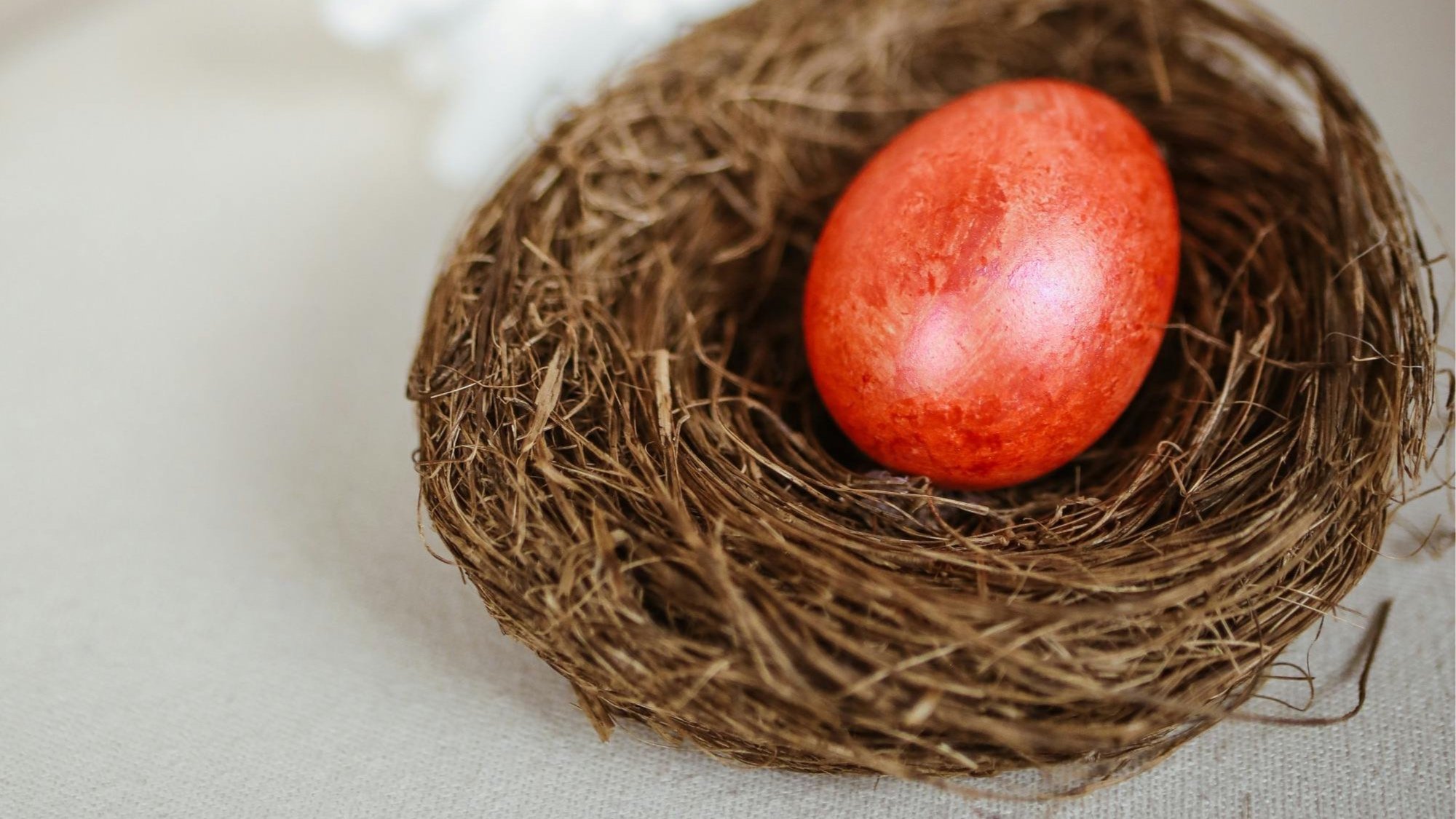How to Naturally Raise AMH Levels and Support Ovarian Health
Anti-Müllerian Hormone (AMH) is a key indicator of ovarian reserve, reflecting the quantity (but not necessarily the quality) of a woman’s remaining eggs. While AMH naturally declines with age, there are lifestyle, dietary, and holistic strategies that may help support ovarian function and encourage healthier egg development.
If you’ve been told your AMH is low, don’t panic. AMH is just one piece of the fertility puzzle, and the focus should be on improving overall egg health rather than simply increasing AMH numbers. Here’s how to naturally support AMH and enhance reproductive vitality.
Understanding AMH and Its Role in Fertility
AMH is produced by the small, developing follicles in the ovaries. Higher AMH levels suggest a greater ovarian reserve, while lower levels may indicate fewer available follicles. However, AMH does not determine egg quality, which is equally—if not more—important for conception.
What Can Affect AMH Levels?
Age – AMH naturally declines with time.
Chronic Stress – Increased cortisol can interfere with ovarian function.
Inflammation & Autoimmune Conditions – Can accelerate ovarian aging.
Nutrient Deficiencies – The ovaries require essential nutrients for optimal function.
Toxic Load & Endocrine Disruptors – Exposure to BPA, phthalates, and heavy metals can impact ovarian health.
How to Naturally Support AMH Levels
While there is no magic fix to drastically raise AMH, you can improve the health of the follicles still available, potentially extending ovarian function and improving fertility outcomes.
1. Focus on Nutrient-Dense, Ovarian-Supporting Foods
Your diet plays a critical role in ovarian health, and certain nutrients are essential for follicular development and hormone balance.
CoQ10 (Eggs, Fatty Fish, Grass-Fed Meat) – Supports mitochondrial function in eggs, which is crucial for energy production.
Omega-3 Fatty Acids (Salmon, Chia Seeds, Walnuts) – Reduce inflammation and improve ovarian blood flow.
Antioxidants (Berries, Dark Leafy Greens, Green Tea) – Help protect eggs from oxidative stress.
Vitamin D (Sunlight, Mushrooms, Egg Yolks) – Plays a role in follicular growth and AMH production.
Magnesium (Avocados, Dark Chocolate, Almonds) – Supports ovarian function and reduces stress.
2. Reduce Stress & Support Adrenal Health
Stress is one of the biggest disruptors of ovarian function, leading to cortisol spikes that can deplete reproductive hormone reserves.
Acupuncture – Helps regulate the hypothalamic-pituitary-ovarian (HPO) axis, which governs ovarian function.
Breathwork & Meditation – Techniques like box breathing (inhale 4 sec, hold 4 sec, exhale 4 sec, hold 4 sec) can help calm the nervous system.
Adaptogenic Herbs (Ashwagandha, Rhodiola, Reishi Mushroom) – Support adrenal function and hormone balance.
3. Support Mitochondrial Health for Egg Quality
Since eggs rely on mitochondria (the powerhouse of the cell) for energy, improving mitochondrial function can enhance egg development and AMH production.
CoQ10 (Ubiquinol Form) – Helps power egg cells.
PQQ (Peas, Green Tea, Papaya) – Supports mitochondrial biogenesis.
Resveratrol (Red Grapes, Blueberries, Dark Chocolate) – Protects eggs from oxidative stress.
4. Reduce Toxin Exposure (Endocrine Disruptors & Heavy Metals)
Environmental toxins can interfere with AMH production and overall fertility. Reducing exposure to hormone-disrupting chemicals can help protect ovarian function.
Use Glass or Stainless Steel – Avoid plastic food containers and water bottles to reduce BPA exposure.
Switch to Clean Beauty & Household Products – Conventional cosmetics and cleaning products often contain endocrine disruptors.
Filter Your Water – Tap water may contain trace hormones, pesticides, and heavy metals that affect ovarian function.
5. Improve Blood Sugar Balance
Blood sugar instability can stress the ovaries and contribute to hormonal imbalances. Keeping blood sugar levels steady can support ovarian function and follicular development.
Prioritize Protein & Healthy Fats at Every Meal to stabilize insulin.
Limit Processed Carbs & Refined Sugars that can contribute to inflammation.
Incorporate Gentle Intermittent Fasting (if appropriate) to improve insulin sensitivity.
How Long Does It Take to See Changes in AMH?
Ovarian health is a long-term process, and changes in AMH may take 3–6 months to reflect lifestyle shifts. The focus should be on enhancing egg quality and ovarian function, rather than just boosting AMH numbers.
Beyond the Numbers: Supporting Your Fertility Holistically
While AMH is an important marker of ovarian reserve, it is not the only factor in fertility. By nourishing the ovaries, reducing stress, optimizing mitochondrial function, and minimizing toxin exposure, you can enhance reproductive health and improve your chances of conception.
If you’re looking for personalized fertility support, The Violette House in Groton, MA offers acupuncture, holistic reproductive care, and integrative strategies to help you optimize your fertility naturally. Reach out to learn more about how we can support your journey.
